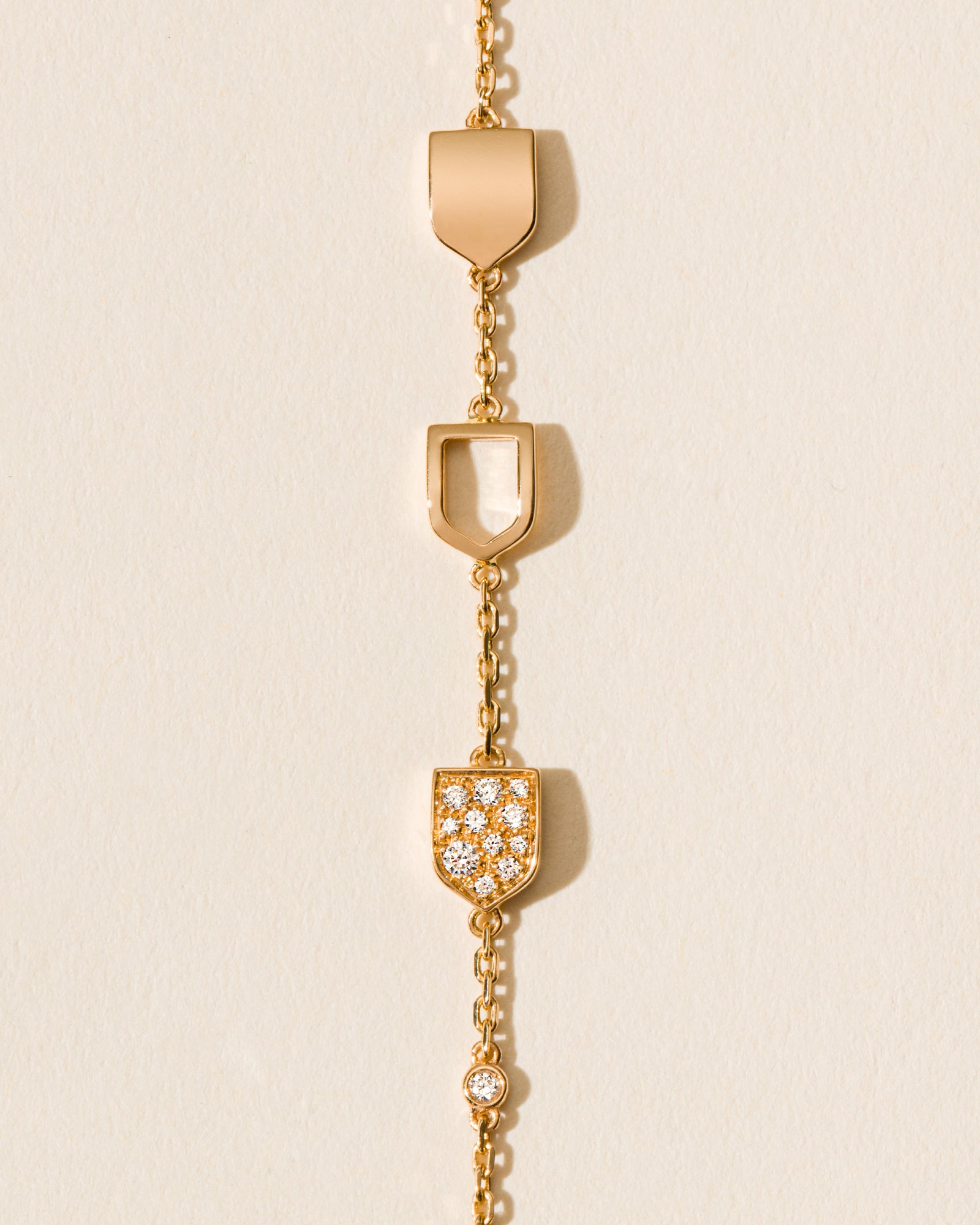
Les Tribus, vues par Samuel Guégan, Directeur de recherche et ethnologue
Qu'est ce qu'une tribu ?
Au cours des siècles, la notion de « tribu » n’a jamais cessé d’évoluer dans ses contours, sa définition et sa terminologie (« société tribale », « ethnicité », « peuple »…). Initialement, la « tribu » est communément définie comme une société homogène organisée autour d’un lien de parenté ; des familles regroupées avec un même ascendant (homme ou femme). Son idéologie sociale est toujours basée sur la solidarité et l’entraide avec obligation d’assistance mutuelle entre les membres et les générations qui la composent. Il y a donc bien une notion de singularité dans la « tribu » dans sa définition première, avec une identité collective partagée et délimitée considérant des individus comme étrangers extérieurs à la tribu : endogroupe vs. exogroupe, « nous » vs. « les autres ». Sa taille et sa durée peuvent être variables avec des « clans », qui s’associent, par exemple, temporairement à des fins religieuses ou militaires. Certains ethnologues y ont ajouté deux notions supplémentaires : le territoire et la culture, notamment au travers des éléments linguistiques partagés et d’une certaine conception de la vie ou d’un système de valeurs.
Chaque membre est représentant de sa tribu de coeur et de sa singularité.
Ainsi, la « tribu » se situe à équidistance de la famille (cellule primale fondée sur le mariage) et l’État (caractérisé par un « gouvernement centralisé, une souveraineté territoriale, un corps administratif spécialisé et un monopole de l'emploi légitime de la force » selon S.F Nadel). Pour terminer, un courant d’anthropologie du XXème siècle va encore plus loin. Il met l’accent sur l’importance des rites de passage, qui englobe des éléments distinctifs (blason, écusson, scarification, objets protéiformes…) comme pierre angulaire et fonction fondatrice de la tribu bien au-delà de tout lien de parenté et d’appartenance territoriale. La tribu peut ainsi se résumer en un « groupe homogène linguistique, culturelle, économique ou politique, ayant un destin commun et des rites de passage ». Et du point de vue des anthropologues « primordialistes », tous ces critères objectifs (parenté, nationalité, histoire, langue, valeurs, croyances…) sont des données « naturelles ». Dès la naissance, nous faisons tous partie d’une tribu, quelle qu’elle soit, malgré nous !
La tribu au 21ème siècle
La nouveauté dans nos sociétés contemporaines réside dans le fait que les individus ont la capacité maintenant de choisir leurs tribus d’appartenance et de s’extraire de celles où ils sont nés. Face à l’épuisement des institutions, la transmutation des valeurs et des idéologies, l’ouverture à l’hyper-monde mélangeant une mosaïque d’identités et d’appartenances diverses, l’extra-territorialité polymorphe… les individus se cherchent de nouvelles appartenances non plus héritées, mais par rapport à leurs propres goûts, affinités, envies, modes de vie en commun... Des communautés de « gens qui leur ressemblent». La passion pour le skateboard, l’Extreme Hardcore Metal, le véganisme, un club de foot ou de tricot... Ces tribus de coeur sont maintenant des vecteurs d’identification plus puissants que les cadres sociaux primaires, car elles sont choisies par les individus qui se retrouvent autour d’une passion commune (contrairement à la famille ou la nationalité, dont on hérite) ; avec sa cohorte de signes distinctifs et d’appartenance, rites de passage, mythologies et récits, tenues vestimentaires… Pour les ethnologues contemporains, elles sont amenées à gagner en importance compte-tenu de l’éclatement des cadres et des référents anciens.









